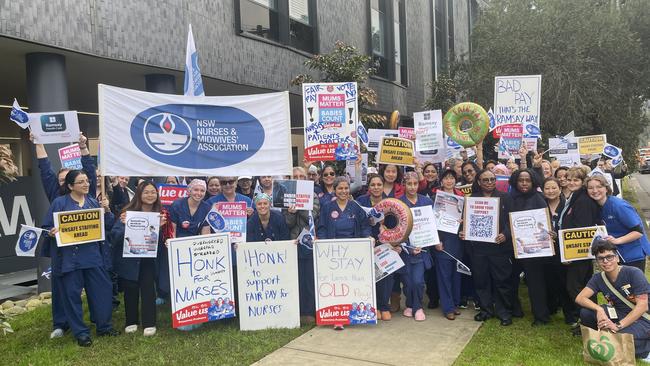Private hospitals demand seat at the table on premium rises
Hospitals and medical device companies are ramping up pressure for reform to the way health insurance premiums are set amid fears for the future of the private health sector.

Private hospitals and medical device companies are ramping up pressure for reform to the way health insurance premiums are set – including an independent umpire to oversee the process – amid ongoing warnings the sector continues to face unsustainable challenges.
The Australian Private Hospitals Association, Catholic Healthcare Australia and the Medical Technology Association of Australia have jointly written to Health Minister Mark Butler calling for urgent reforms to the health insurance premium round process and accusing insurers of returning less and less to members even as their profits have risen to historic highs.
The letter calls for an independent body “to oversee insurer behaviours that are threatening the viability of the system and the value of private health insurers for consumers”, a cap on capital requirements to compel insurers to free up “excessive reserves” of capital to support the struggling private system, and reform to incorporate the cost of delivering care in premium round processes.
They want these reforms to consider “push factors” including the amount of insurer profits and the amount of members’ funds spent on management expenses.
It comes as the sector awaits the release of a summary of a federal health department-led viability review of private hospitals amid concerns many were facing a dire financial situation and some services, particularly in hospital mental health and maternity care, were unable to remain open.
“I think from a consumer point of view, they look at the system, certainly as outsiders looking in, and think that the system’s broken,” said APHA chief executive Brett Heffernan.
“The expectation when you take out private health insurance is that your insurer will cover your needs if and when you need to go into a private hospital. So I think many patients would be alarmed to learn that their insurers aren’t meeting the basic costs for their procedure and their treatment in private hospitals.”
Private Healthcare Australia – which represents insurers – has pledged to bail out any hospital that could present a genuine case that any requirements for funding had not been met.
“I’m not aware of any data that suggests that the insurers are not paying hospitals enough,” said PHA chief executive Rachel David. PHA also said it was not aware of insurers accumulating excessive capital reserves, aside from in the case of some funds servicing regional communities.
Private hospitals have been under immense pressure since Covid-19 amid structural changes in the delivery of healthcare, acute workforce shortages, rising staff wages and very high health sector inflation.
Some health insurers are flagging they may be pushing for well above last year’s 3 per cent rise in premiums this year.
CHA chief executive Jason Kara said the premium round process – by which insurers pitched to the government behind closed doors the level of premium rise they considered reasonable – was a political process which should be made more transparent and independent.
“I think it’s really important to make sure that you have transparency on costs of the system and understand how that would flow on to consumers, rather than having it all decided behind closed doors,” Mr Kara said. “We should be able to say, as a hospital sector, ‘this is what it costs to deliver a service’, and private health insurance can say, and ‘this is what it costs to deliver the insurance service’, and we can have an independent assessment of that without having to engage in politics or any other factors.”
But Dr David said the Australian Prudential Regulation Authority already fulfilled an oversight role in premium rounds, and an independent body was not required. “They are the prudential regulator and their advice determines the price,” Dr David said. “They are forensic about reviewing operating expenses and margins, as is the Department of Health that works with them.”






To join the conversation, please log in. Don't have an account? Register
Join the conversation, you are commenting as Logout